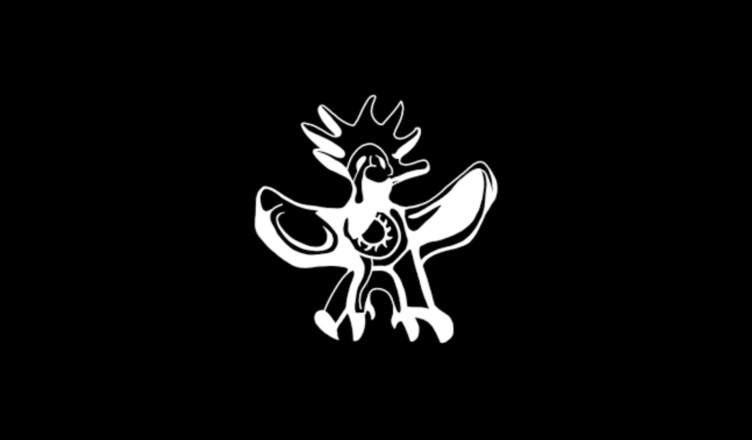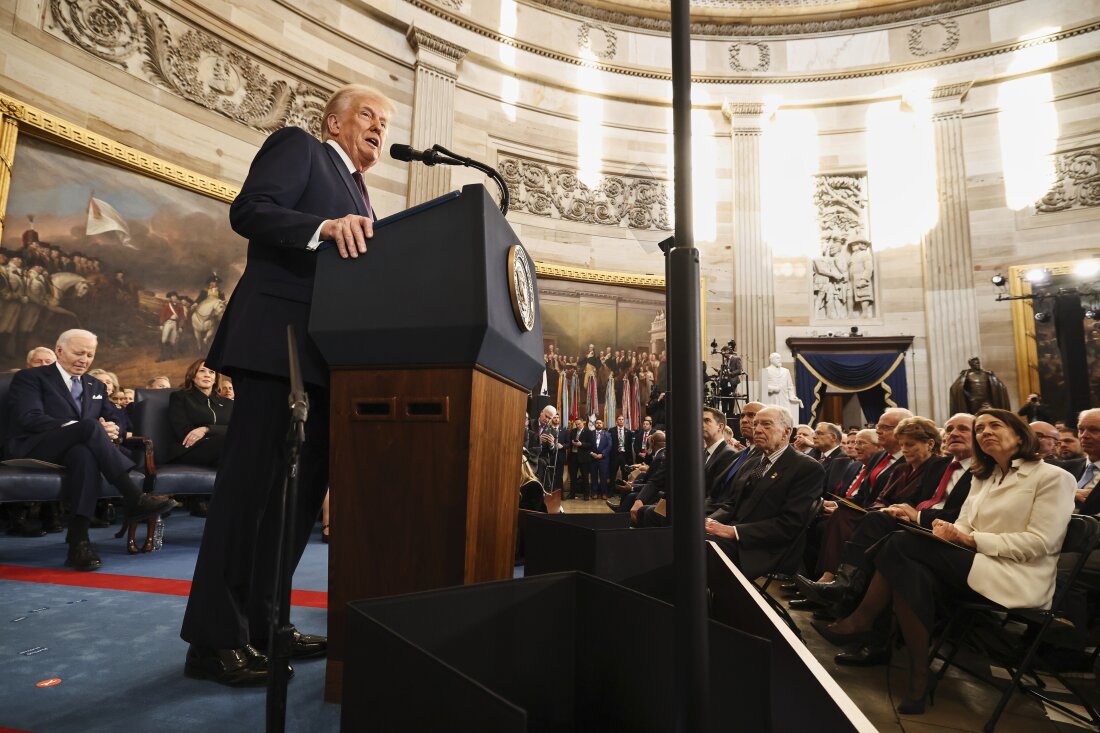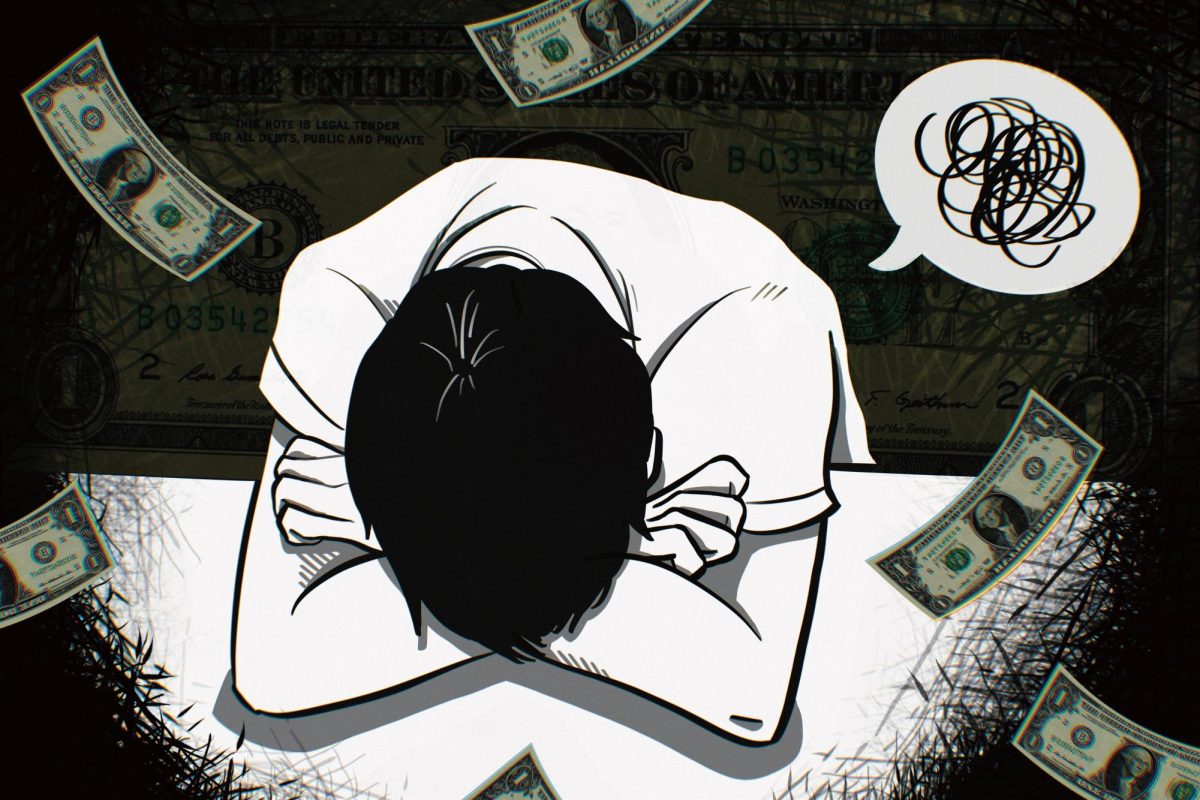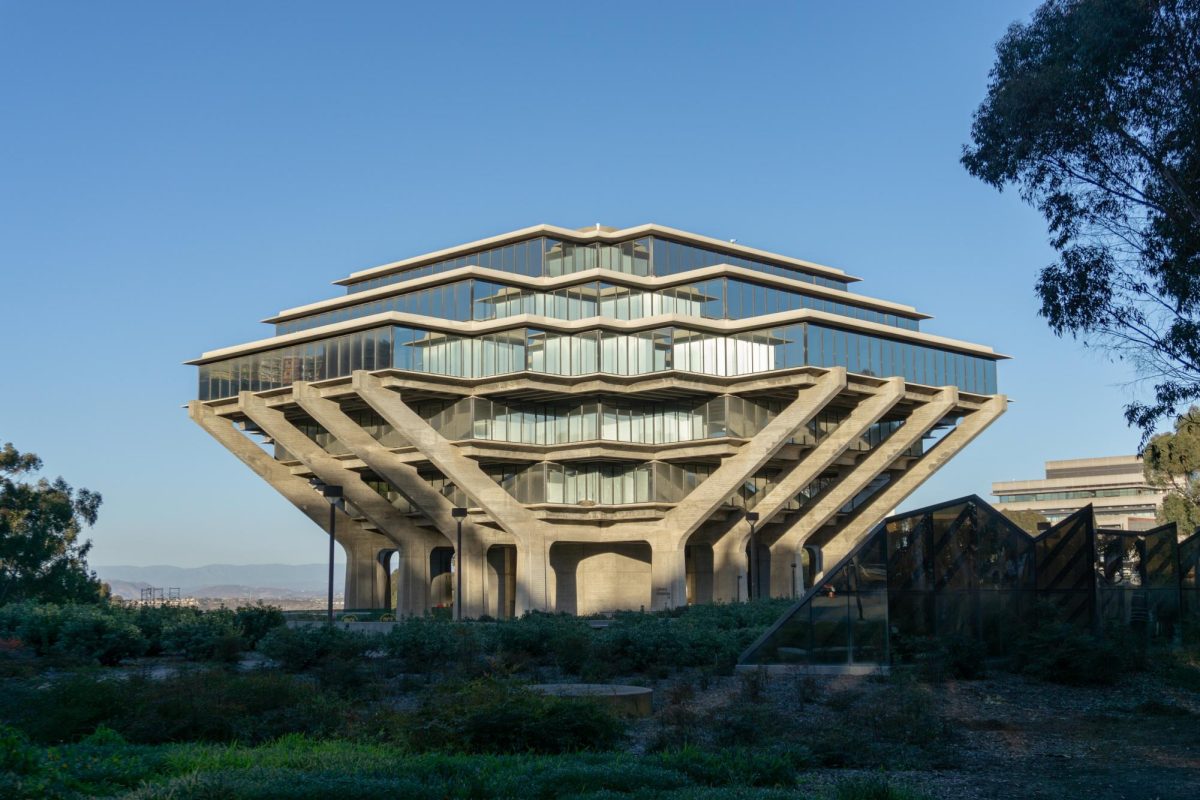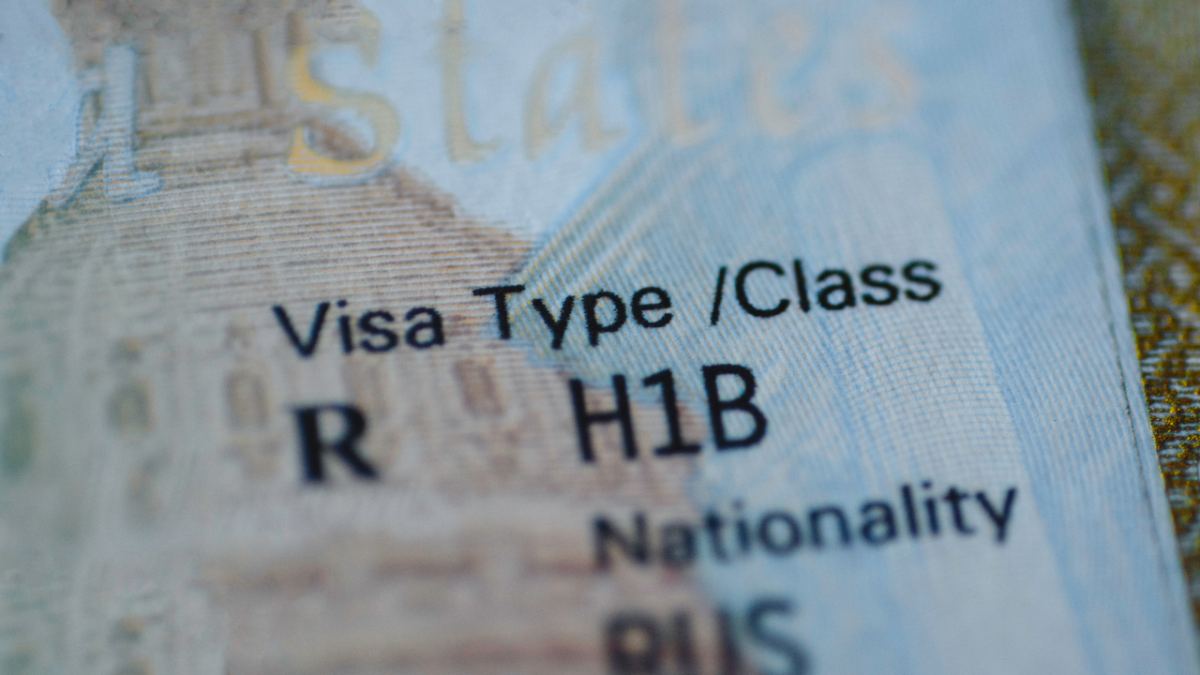This piece was submitted by Bryan Rinde, a senior biochemistry major at UC San Diego.
UC San Diego led a noteworthy preventative response to the initial wave of the COVID-19 pandemic with its Return to Learn program. Universities across the nation looked to UCSD as a success model for how an educational institution can effectively adapt and continue to function in a changing environment.
Not as much attention, though, was given to treatment options for individuals who underwent difficult recoveries. As the response to the pandemic has quieted down, the university has fallen short by overlooking a select group of individuals who may be experiencing chronic symptoms, particularly mental illnesses, following a COVID infection. UCSD should continue to allocate attention toward programs based on the Collegiate Recovery Program model to help students with Long COVID adapt to any hardship they may face while continuing to pursue their education.
According to the Centers for Disease Control and Prevention, based on data gathered from June of 2022 until the present, one in 13 adults in the country have experienced symptoms that have continued for three months or longer that were not present before their COVID infection. This is a small number at first glance, but of the 336 million people in the U.S., 7.5% comes out to roughly 25 million individuals. On top of that, younger adults are more likely than the elderly to experience Long COVID.
To highlight the challenges that may arise from Long COVID, a student may be unable to walk more than a few meters at a time due to inflammation in the legs, making it difficult to commute via bicycle as normally done. Speaking may be impaired or wiped out entirely due to inflammation in the sinuses and throat, leaving the student unable to communicate with roommates, let alone classmates. Reading and working on a computer screen may be impossible due to brain fog. Without the ability to function for sometimes a year or longer, a mental breakdown is not out of the question. Anxiety can become so bad as to make one fearful of just trying to approach someone for their lack of physical ability. An individual is posed with a genuine challenge to their strength when trying to participate in all aspects of life. Relationships easily fall apart.
The definition of Long COVID differs incredibly and acts more as a catch-all phrase for individuals’ unexplainable symptoms that arise after a COVID infection that can continue for years. The most common long-term symptoms are generally considered to be loss of taste and smell, loss of hair, joint and muscle pain, chronic fatigue syndrome (ME/CFS), blood clots, depression, and anxiety. The majority of people experience a good recovery from COVID reminiscent of a common flu infection, but others with longer-lasting symptoms are in need of additional medical and social support. One of the most demoralizing aspects of Long COVID is the lack of clarity as to when symptoms will end. As a new disease, there is no clear answer to the recovery path. Chronic symptoms with no end can result in elevated depression and anxiety even if COVID is not yet known to have a direct effect on brain chemistry, though it most likely is.
Students struggling with Long COVID may also experience feelings of being overlooked when medical care is not readily available. For instance, UCSD had one clinic located at the UCSD Health Hillcrest Medical Center designed to support Long COVID recovery. Recently, it has been permanently closed. Sharp Memorial Hospital offers a Long COVID support group that meets to discuss strategies for cognitive rehabilitation and coping with physical symptoms. However, these are hosted only on Thursdays from 11:15 a.m. to 12:15 p.m., an inconvenient time for many working students and those studying on campus. After months of emailing back and forth, there can still be no sign of meeting a specialist, indicating that finding a referral through a general practitioner would be the faster route. Demand for many kinds of care is so high that appointments are booked months in advance. Something needs to be more streamlined for a college student, especially those new to San Diego who are unfamiliar with the region. Even if there is not a medical doctor available, having a Long COVID support group on campus led by a counselor trained in COVID recovery would be advantageous to students. They could meet peers undergoing similar challenges and discuss treatment options to move forward with.
Practical solutions from the Office of Student Disabilities are absolutely a benefit to have and certainly easier to access than the previously shared examples. The OSD can offer testing accommodations, personal transportation across campus, and recorded lectures. The shortfall comes in the minimal active dialog. The goal of the OSD is to streamline the procedure of class attendance and testing. Lifestyle changes, care plans, and mental health fall outside of their field and are typically a matter of counseling. At UCSD, counselors at CAPS typically meet one-on-one with students and give little opportunity for peers to interact with one another to share their similarities. Additionally, these social workers are not always experienced in mentoring individuals through Long COVID care.
To address these limitations, a Long COVID group would go beyond logistical concerns and dive into coping with mental health burdens in a manner similar to the one used in the Collegiate Recovery Program. Group sessions would be led by a trained professional devoted to the cognitive and physical rehabilitation of Long COVID patients. It would serve as a place to network and support each other through camaraderie. Experiences and ideas can be discussed, debated, and tried to find personalized solutions to maintain social activity on campus while still managing classes.
Already, the university has many students suffering from loneliness and depression. Here is just one more facet to this social dilemma on campus, which has upsettingly been overlooked. If a student’s mental health is not adequately addressed or sustained, there is no foundation to build a productive life in studies, work, or community, all of which can be taken away from COVID-19. The university can do something to give that back.


